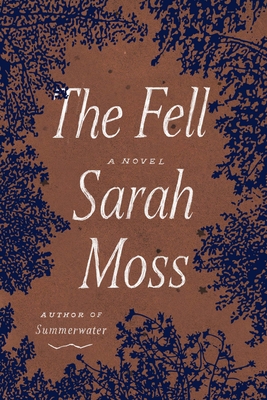What do you think?
Rate this book


184 pages, Hardcover
First published November 11, 2021
Kate is out and moving, going somewhere, the hill rising under her feet and the sky ahead of her. Wind in the trees and her body working at last, climbing, muscle and bone doing what they’re made for. She won’t be long, really she won’t, only a sip of outside, fast up the lane and over the fields, just a little way up the stone path for a quick greeting to the fells.
I know, she said, I’m making a fuss, I just find this really hard, I knew I would . Not, he thought, as hard as getting sick, not as hard as Deepak’s dad who was in Intensive Care for three weeks or the grandparents of kids in his class who’ve died this year or his Maths teacher who’s back at work but can’t get enough breath for a sentence half the time, compared to that doing the garden instead of going up the fells is actually quite manageable, so how about he games and she does yoga in the garden and they hope neither of them starts with the fever and loss of taste and smell.
She wishes sometimes you could just sign a disclaimer, like a Do Not Resuscitate order, promising that if you get sick you won’t go to hospital, won’t make any demands or expect any help, and in exchange you could take your own risks, decide how much you want to stay alive and at what cost to your sanity, but of course that’s not how it works, it’s not that the government care if you feel ill or die cheaply at home, it’s that they care if you pass the illness to people who will die expensively in hospital so it’s no use individuals trying to opt out, we’re biologically connected to each other and anyway that’s not how society works, she knows that, you can’t sign out of community and it’s not that she’d usually want to. She doesn’t disapprove of lockdown or masks or any of it, not on principle, only the longer this goes on the less she objects to dying and the harder it is to understand why other people don’t feel the same way.
The raven flies down the valley. It’s hours yet, till sunrise. Sheep rest where their seed, breed and generation have worn hollows in the peat, lay their dreaming heads where past sheep have lain theirs. The lovely hares sleep where the long grass folds over them. No burrows, no burial. The Saukin Stone dries in the wind. Though the stone’s feet are planted deep in the rivulets, in the bodies of trees a thousand years dead, its face takes the weather, gazes eyeless over heather and bog. Roots reach deep, bide their time. Spring will come.
